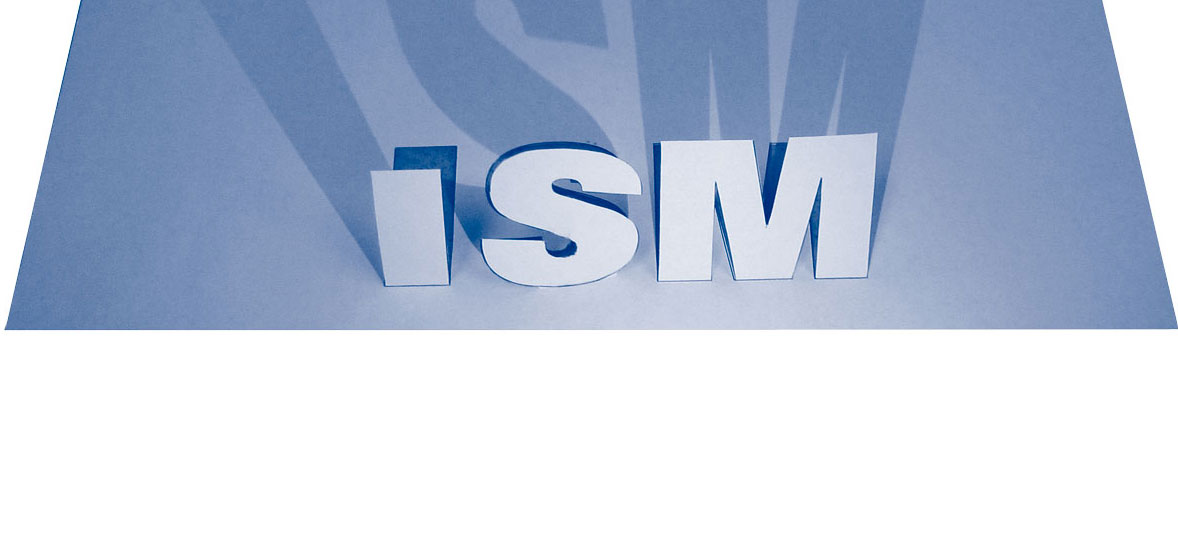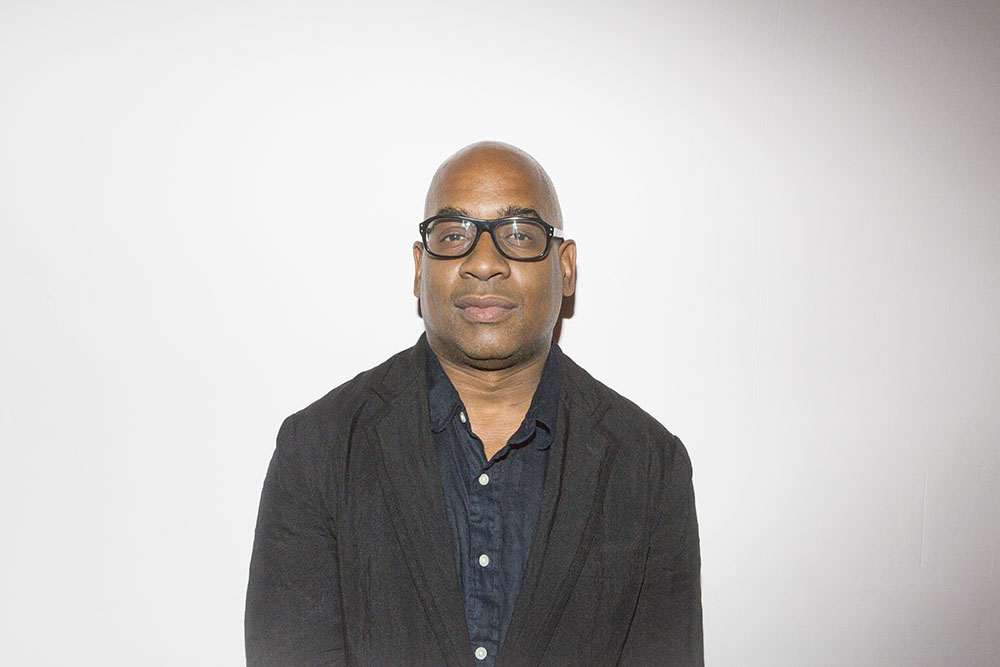
James Franco’s New Collection of Short Stories is an Exercise in Fearless Mediocrity
Sometimes the least likely combinations bring the best results. Those interspecies animal friendships between tigers and pigs are one of such; the merging of James Franco with a blooming literary career is not. Every day thousands of celebrities launch useless side enterprises, but not even the asinine trend of lifestyle blogging baffles me as much as James Franco’s attempts to woo the delicate and fickle mistress of literature.
His prose is awkward at best, peppered with simple sentences that practically reek of the blood of the boar he sacrificed to Hemingway’s ghost. He cranks out short films based on William Faulkner novels faster than anyone can question why he decided to bring a 10th grade English syllabus to life. I know these things, yet, I am enraptured by his blatant allusions to the fact that he, James Franco, likes Salinger.
Franco’s latest collection of short stories, Hollywood Dreaming, was published on September 23rd through Insight Editions. It is the follow-up to his first memoir, A California Childhood, which in turn served as the inspiration for his short story collection and subsequent film Palo Alto.
At the age of 36, James Franco certainly seems much too young to have already released two memoirs, choosing to ignore the literary trope where that genre consists of the results of middle-aged wisdom and experience just as he chose to ignore the idea of a cohesive plot. He is a renaissance man like that, and I love him for it.
In preparation for the release of Hollywood Dreams, I decided to read A California Childhood in addition to having already viewed Palo Alto in the embrace of a frozen yogurt coma.
Palo Alto was directed by Gia Coppola, so it was imbued with the Coppola family sensibility for ephemeral visuals. It follows Emma Roberts as April, a sensitive soccer star who desperately wants to sleep with her aging soccer coach played by none other than… James Franco. Where Roberts utilizes her sense of actor’s finesse to navigate the perils of teenage-hood, James Franco is downright perv-y as a coach who never mentally graduated from high school. His pasty skin is offset by skintight tracksuits, giving him a boyish aura that is one of the myriad reasons why the film makes no sense.
It’s not that Palo Alto is a bad movie per se; Gia Coppola does an excellent job providing hazy visuals that compliment the fluid sense of time that defines being a teenager. The color scheme is punctuated with wonderful shades of California sunset pinks. Devonté Hynes of Blood Orange also provides a mellow indie wet dream of a soundtrack that is so ambient you will want to cry. On the surface it should be a solid film, but the total lack of a plot slaughters that possibility.
It seems Franco’s Achilles heel to his potential literary genius is that he has no idea how plot works. Both Palo Alto and A California Childhood lack any sort of narrative timeline. Franco simply jumps from one story to the next, his voice is distant and childlike and he writes about young boys who are clearly supposed to be himself, but in such a back-handed manner that it would make more sense to just write in the first person. By eschewing his sense of celebrity, he makes it an even bigger problem.
This all begs a question: why does Franco feel the need to write in the first place? Whatever his writing lacks, it is also brimming with a blatant earnestness. He is not so much an author as an excitable puppy, begging people to come play. James Franco wants you to read his collection of short stories. In every crinkly-eyed Instagram selfie he takes, you can practically hear him say “please read A California Childhood.” And something about having an unabashed love of writing makes me less willing to ridicule him. No matter what people say, James Franco will continue to write with the fearless mediocrity that should perhaps inspire us.







